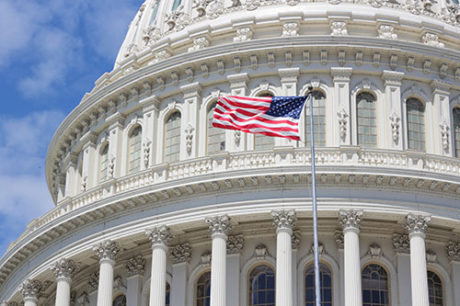
As a government contractor, it is easy to become overzealous when it comes to responding to proposals, but you’ll have better success with a thought-out plan. There are many questions you should ask yourself before deciding to bid on a Request for Proposal (RFP). Keep these three considerations in mind when making your final decision to plunge into the proposal-writing process.
- Time
It is important when searching for opportunities, that you review the proposal’s due date and take into consideration how much time you’ll have before the deadline. If you found the opportunity immediately after it was posted, you are in the clear. However, if you found it with only a few days left before the due date, it is probably a no-go. One thing that cannot be stressed enough with writing proposals is the importance of taking your time. Being thorough and providing a quality response is the number one priority here. There is no such thing as too much proofreading when it comes to proposal writing. A proposal that was slapped together in just a few days by contributors who probably had to slave over it for full days at a time (and possibly weekends) is not ideal. This creates stress for you, your team and ultimately leads to a loss of time and productivity.
- Budget
This may not be the first thought that pops into your mind when thinking about proposal writing, but it is something to consider, especially if you are a beginner. Many contractors do not understand the intensity of proposal writing until they are in the midst of it. Clearly map out what needs to be done for this proposal and realistically assess if it is something you or someone on your team can accomplish. Using a compliance matrix as a tool will help with this process. Do you have a technical writer or a project manager in house? Is there someone on your team with enough experience to write an award-worthy proposal? If the answer is no, then you may need to consider hiring team members for the purpose of writing or reviewing your proposal. These costs should be calculated before you begin the writing process. If you need to hire help, but you feel that you do not have a high chance of winning the proposal or it is a low-dollar contract, it may not be worth it. Assess the opportunity cost before making your decision to submit a bid.
- Profit
How much money are you going to make off this contract? If it is a high dollar contract and you think you have a high chance of winning the contract, then you could make big bucks. However, if you assess the RFP and realize that you will need to sub-contract, hire writers or cover other proposal-related costs, then you must subtract these costs from your potential profit. Once this is calculated, you may find that the time, money and effort are not worth it for this particular contract. There are tons of other procurement opportunities and going after the wrong ones will ultimately harm you in the end! Do your research and make calculated steps to gain a better chance of winning a bid and obtaining your ideal profit.
Here’s your next step, watch our tutorials on the Fundamentals of Federal Proposals.
 Like
Like








0 responses on "To Bid or Not to Bid? 3 Essential Considerations Before Responding to an RFP"